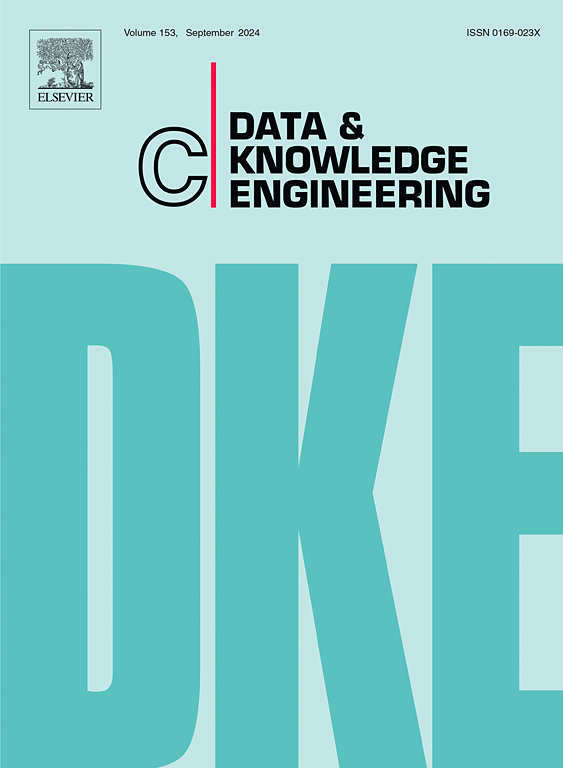CriMOnto: A generalized domain-specific ontology for modeling procedural norms of the Lebanese criminal law
IF 2.7
3区 计算机科学
Q3 COMPUTER SCIENCE, ARTIFICIAL INTELLIGENCE
引用次数: 0
Abstract
Criminal (or penal) law regulates offenses, offenders, and legal punishments. Modeling criminal law is gaining much attention in the ontology engineering community. However, a significant aspect is neglected: the explicit representation of procedural knowledge. Procedural norms, such as regulative norms, are addressed to agents in the normative system. They govern the different interactions among these agents. In this study, we propose a formal and faithful representation of the procedural aspect of legal norms in the context of the Lebanese Criminal Code. A modular domain-specific ontology named CriMOnto is developed for this purpose. CriMOnto is grounded in the Unified Foundational Ontology (UFO) and the legal core ontology UFO-L by applying the Ontology-Driven Conceptual Modeling (ODCM) process. Conceptual Ontology Patterns (COPs) are reused from UFO and UFO-L to build the hierarchical and procedural content of the ontology. CriMOnto is validated as a formal ontology and evaluated using a dual evaluation approach. The potential use of CriMOnto for lightweight rule-based decision support is discussed in this study.
CriMOnto:一个用于模拟黎巴嫩刑法程序规范的广义领域特定本体
刑法规定了罪行、罪犯和法律惩罚。刑法建模在本体工程界受到广泛关注。然而,一个重要的方面被忽视了:程序知识的明确表示。程序性规范,如规范性规范,是针对规范体系中的行为主体的。它们控制着这些因子之间不同的相互作用。在本研究中,我们建议在黎巴嫩刑法的背景下正式和忠实地表示法律规范的程序方面。为此,开发了一个名为CriMOnto的模块化领域特定本体。CriMOnto以统一基础本体(UFO)和法律核心本体UFO- l为基础,应用本体驱动的概念建模(ODCM)过程。从UFO和UFO- l中重用概念本体模式(cop)来构建本体的层次化和程序化内容。CriMOnto作为形式化本体进行验证,并使用双重评估方法进行评估。本研究讨论了CriMOnto在轻量级基于规则的决策支持中的潜在用途。
本文章由计算机程序翻译,如有差异,请以英文原文为准。
求助全文
约1分钟内获得全文
求助全文
来源期刊

Data & Knowledge Engineering
工程技术-计算机:人工智能
CiteScore
5.00
自引率
0.00%
发文量
66
审稿时长
6 months
期刊介绍:
Data & Knowledge Engineering (DKE) stimulates the exchange of ideas and interaction between these two related fields of interest. DKE reaches a world-wide audience of researchers, designers, managers and users. The major aim of the journal is to identify, investigate and analyze the underlying principles in the design and effective use of these systems.
 求助内容:
求助内容: 应助结果提醒方式:
应助结果提醒方式:


